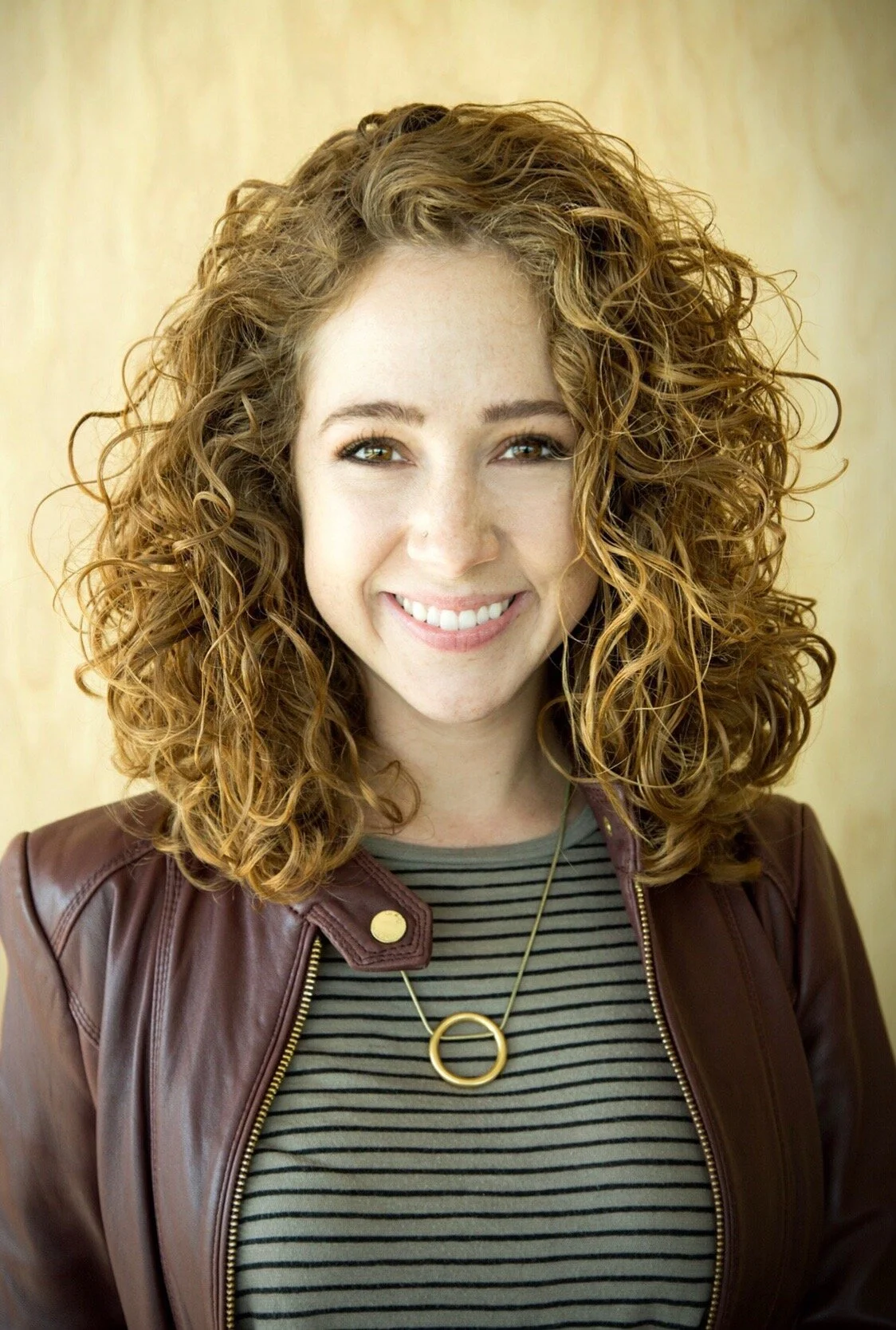USER RESEARCH
I’m a Research Director on Meta's Central Integrity team, which aims to minimize harmful experiences for people on Facebook. My academic works have shed light on a human perspective of cybersecurity, investigating strategies to manipulate hacker decision-making through a game theoretic lens and to encourage everyday security behaviors in the face of online threat.
Copyright Badass Women Photos
At Meta, I support a team of researchers who focus on predicting and mitigating the online harms that stem from global and societal crises. Our team triangulates attitudinal and behavioral signals to identify spikes in harmful content across the platform, assesses the risks of global events to recommend where we should focus our time and efforts, and tests solutions to minimize those risks to our users.
ACADEMIC BACKGROUND
I combine degrees in Psychology, Spanish, and Information Science from the University of North Carolina at Chapel Hill, where I was named a Carolina Research Scholar for my strong emphasis in interdisciplinary independent research.
This unique combination of the digital and the human informed my doctoral work in cyberpsychology alongside Dr. Virginia S. Y. Kwan. For more information about this body of research, please read our 2015 book chapter on the impact of technology on human psychology. In 2017, I graduated from Arizona State University with a Ph.D. in Social Psychology; my dissertation addressed the dynamic interplay between physical and digital worlds when humans face threatening experiences (e.g., violence, cybercrime).
I am deeply grateful to the National Science Foundation, Facebook, and ASU’s Graduate & Professional Student Association for funding my graduate career and making this research possible.
Why cyberpsychology?
I apologize to the universe for these bangs.
While other three-year-olds were learning how to swim, my dad was teaching me how to navigate a beige, boxy Apple LC-II. We’re talking black-and-white screen the size of my still-bald head with a mouse so boxy it might have been an NES controller — and I loved it. By the time I was 11, I’d set up more than 25 websites and chatrooms built around HTML and (the still relatively new) CSS; by the time I was 14, I was writing elementary programs.
At university, however, I was struck by just how heavily my courses in computer science and programming focused on the machine, rather than its two-way interaction with the user. My minor in Information Systems — offered by UNC’s world-renowned School of Information & Library Science — bridged this crucial gap, illustrating a more holistic portrait of human-machine interaction in an age of increasing reliance upon the devices we keep close at hand each day. And thus my fascination with cyberpsychology, the marriage of technology and psychology, was born.
For more information about my research, please click here.


